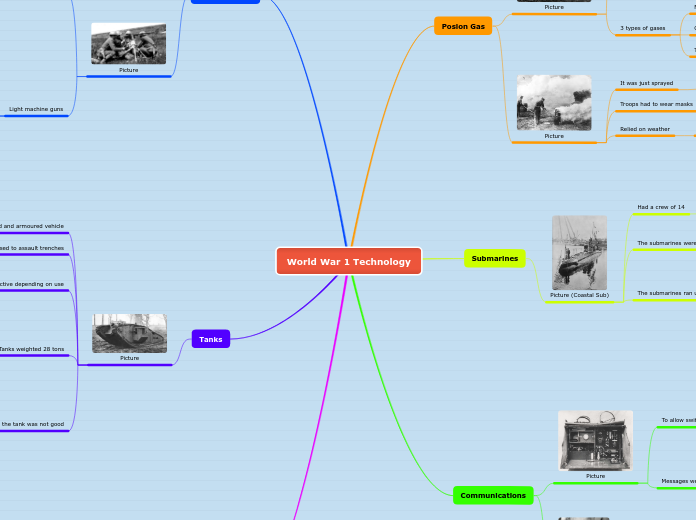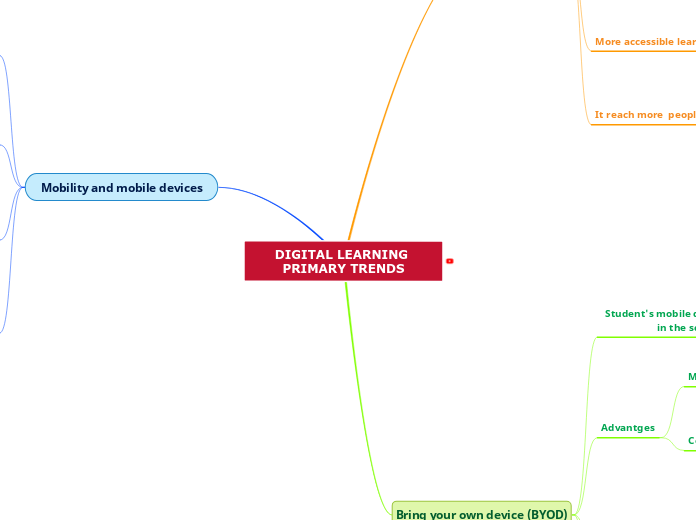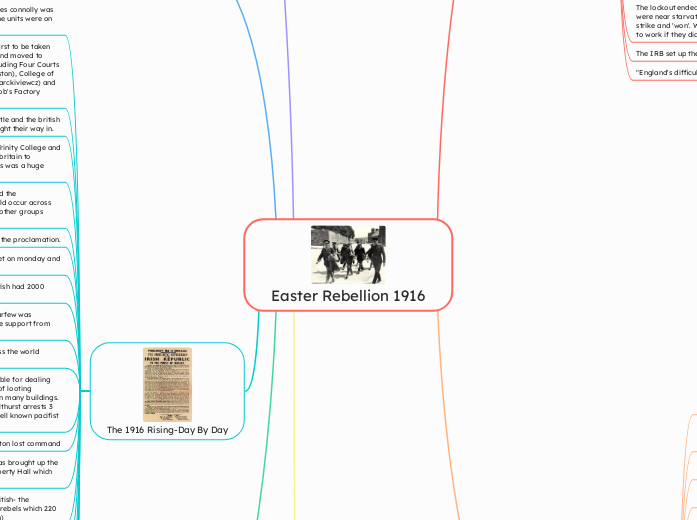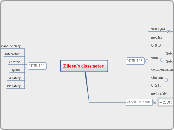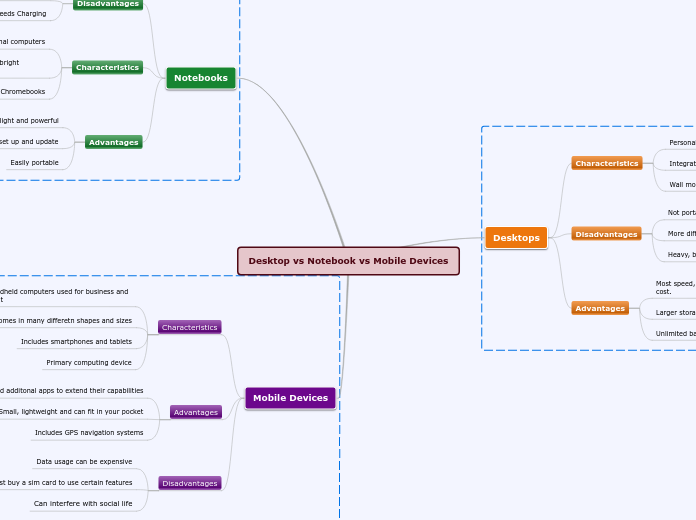World War 1 Technology
Airplanes
Add detailed notes about each lecture, so that when the time comes to prepare for exams, you will have an easier and quicker overview.
The cockpits were small
The pilots couldn't wear parachutes
Single pilot fighter to several men in a bomber
The germans created a plane to have machine guns to synch with the airplane's propeller
Add a short description of your homework and any details you need in order to understand and complete the task.
There were 70 different types of airplanes
Add a list of questions to help you recap your lecture.
Were made with biplane and triplane configurations.
Write down if there are things you would like to discuss or clarify with your teacher or colleagues in relation to this topic.
Travels 100/mph
Add a short description of the lecture.
Tanks
Add here all the details about your projects.
The environment inside the tank was not good
Filled with gas fumes
It was very hot and dusty
Soldiers had to steer the tank in a very noisy area
Tanks weighted 28 tons
8 crew members in total
4 soldiers were gunners
4 soldiers controlled the tank
Length was 32,8 feet
Effective depending on use
Add the team members.
Lack of speed
Had mechanical break downs
Used to assault trenches
Add a short project description.
Destroy barbed wire obstacles
Machine gun nests
Tracked and armoured vehicle
Add the project name.
Armed with machine guns or cannons
Machine Guns
Schedule your course ahead. Knowing all the information will make everything easier.
Light machine guns
Dependence on foot troops for logistics
More limited reliability
Limited volume of fire
Created mass casualties in concentrated enemy units
They had the ability to suppress and dominate terrain
Had direct and plunging fire
Heavy machine guns
Disadvantages
The amount of ammunition were measured in tons
Heavy logistic footprint
It had limited mobility
A crew of 5 or more people fed the gun with ammunition
It could continue firing a small area up to several hours
Add the class information for each week.
Impacts a lot
Typically crewed by several
Most Influential weapon in the war
Rapid fires
Add class name.
Uses .30 call bullets.
Shoots 400-800 rounds/min
Add additional information about this class.
Communications
Add key information about the books you've read. If you feel it's necessary, you can add a small summary of your readings in the Notes section.
Telephones were most reliable
More portable range
More range
Messages were being intercepted
To create more confusion for the enemies
Able to give false information
To allow swift communications
Add summary of the content of a book
Need for codes and chiphers
Add details about where you can get it from. For e.g.: library, bookstore, audiobook, etc.
Used for artillery spotting
Add the publishing information.
Key for command and control
Name the author.
Submarines
Review your resource requirements and tick off the devices you will need as well as their availability. Add others, if necessary.
Picture (Coastal Sub)
Select as needed:
The submarines ran using two types of energy source
Under water, they used an electric engine
Above water, they used diesel
The submarines were very dark and cramped
It was also very smelly
Sailors went days without seeing the sun
Had a crew of 14
Attacked allied shipping
Used deck guns rather than torpedoes
Posion Gas
Type in all the info you would like to know about this subject. If there is something you don't know yet, no problem! You can fill in the blanks along the way.
Did your teacher present the objectives of this course? Write them down and add anything else that might help you reach these objectives.
Relied on weather
If it was windy or raining, it wouldn't work
Gas would sometimes be blown
back at the army, killing their own troops
Troops had to wear masks
The masks were often ineffective
It was just sprayed
Hard to control
Picture
Add details about your course.
3 types of gases
Tear gas
Chlorine
Mustard Gas
Was used to incapacitate or kill enemies
The gas didn't kill instantly
It gave the soldiers a slow and
painful death
Caused temporary blindness
At some point gas was not useful since
armies created gas masks
